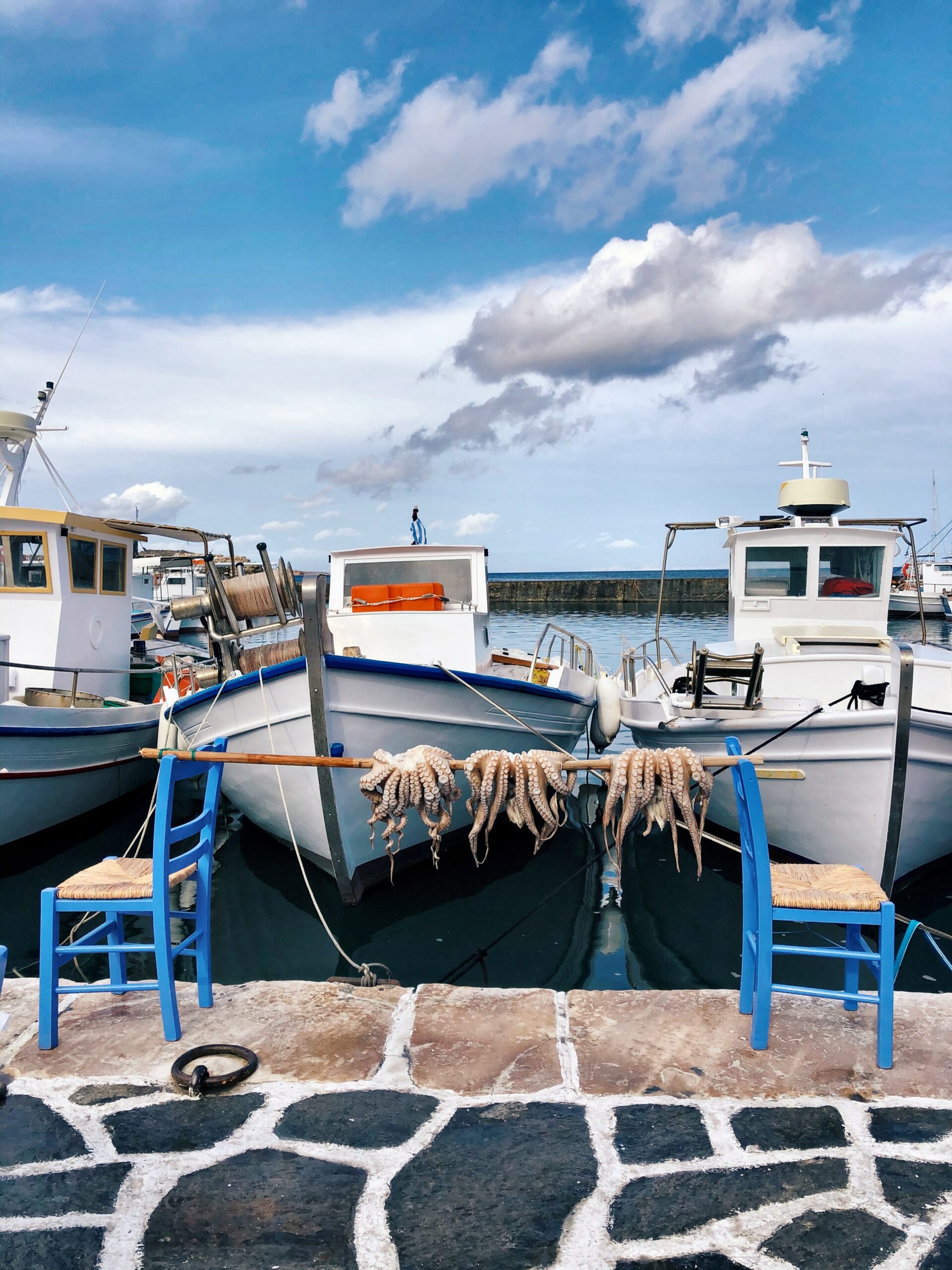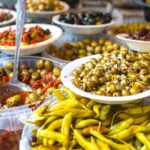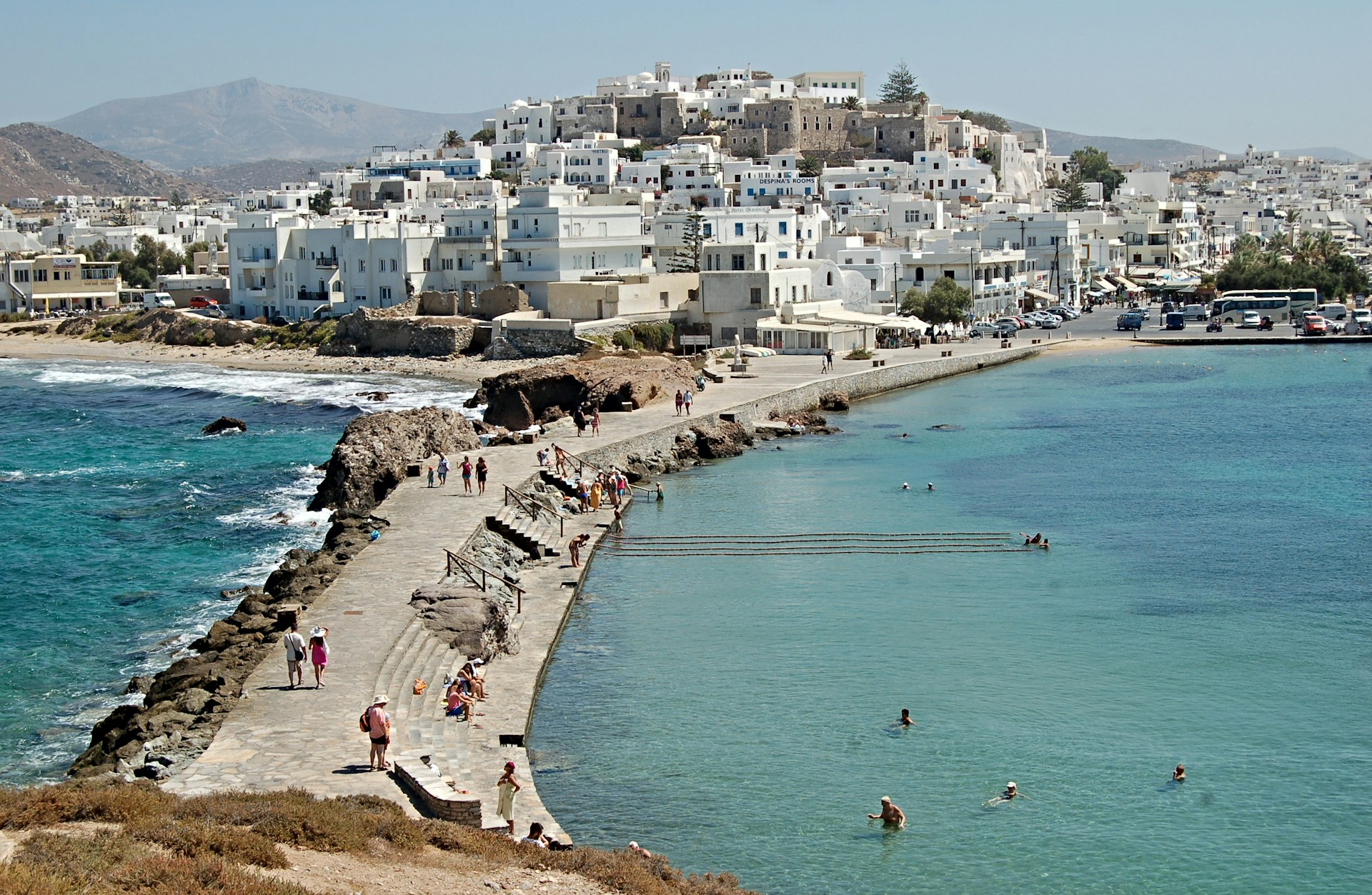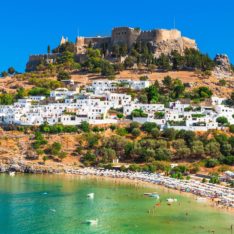START BOOKING YOUR TRIP TO
** Please note that we get a small commission if you book via our referral links. We use this to invest in new foodie content and to update the Greece Foodies website.
Sarakosti is a Greek fasting period that runs for 40 days and begins 7 weeks before Easter Sunday. Sarakosti is an ancient tradition practiced by the Greek Orthodox Church, which dates back to the fourth century.
You may also see Sarakosti as Greek lady lent, lady lent, or even Kyra Sarakosti. It is more of a Greek custom.
During Sarakosti, Greeks abstain from consuming animal products such as meat, dairy products, eggs, and fish, except on the weekends. Sarakosti is a time for reflection and contemplation on the meaning of Christ’s resurrection and an opportunity to celebrate with family.
What exactly is Sarakosti?
It is a time for attending church and fasting from meals containing red blood (meats, poultry) and their products (milk, cheese, eggs, etc.), as well as backboned fish and shellfish. Even olive oil and wine are prohibited on certain days, while fish is allowed on others, such as Palm Sunday (the Sunday before Easter).
Sarakosti is also great for trying out some delicious Greek vegan dishes! From spanakopita (spinach pie) to ladera (vegetable stew served over rice or pasta), there’s something for everyone. Sarakosti is a beautiful way to practice self-discipline and celebrate Greek culture. It’s an ancient tradition that should be remembered and shared with generations to come!
Jesus Christ fasted and lectured on the importance of fasting, saying that it should be done with pleasure and humility and without passing judgment or scrutiny on others. He also instructed His disciples that fasting should be done discreetly, not publicly, so as not to bring attention to oneself and that it should always be accompanied by prayer.
While the primary goal of Sarakosti is to cleanse the body and spirit, it also emphasizes self-discipline in preparation for accepting Christ’s Resurrection, increased prayer and mindfulness as we reflect and repent on our thoughts and actions, forgiveness as we are reminded of Christ’s forgiveness and sacrifice on the Cross, gratitude for all that we have, and feeling a closer connection to God.
Which foods can you taste from all around Greece in Sarakosti?
Meat eating is prohibited during Lent. Fasten items and tastes such as traditional stuffed vine leaves «Ntolmadakia», smoked octopus, fish roe salad, Eggplant spread, sun-dried tomatoes, eggplant pickles, and Caper leaves. Lasagna chips and the iconic Lent dessert, Drapetsona Halva! Serve your appetizers with ouzo and raki (grape distillate), then prepare the renowned traditional Santorini fava! We urge that you go across Greece and sample the most traditional fasting diet, which unveils the most incredible Greek aromas!
Artichokes cooked Constantinople-style, a la polita, with onions, carrots, or broad beans. Dolmadakia yialantzi =”fake” because the grape leaves are wrapped around herb-flavored rice rather than meat. Black-eyed peas, beans, or lentils baked or as salads. Pies with greens, pickles, spring onions, and lettuce leaves. Dips made with eggplant and fava split yellow pea purée.
On Clean Monday, even the bread is different: It is unleavened and comes in flattish loaves that may be at least 60 cm (2 feet) long, known as Lagana. When bought fresh from the bakery, this enticing Easter bread always ends with a few bits pulled out of one end.
Impress everyone with your Lenten offerings on Ash Monday and throughout Great Lent. Give the most traditional time of year a unique perfume and flavor.
Wrapping up!
All in all, Sarakosti is an essential part of the Greek Orthodox faith and culture. During the 40 days of Sarakosti, Greeks follow a vegan diet to reflect on the meaning of Christ’s resurrection and celebrate with family. Sarakosti is also great for trying out some delicious Greek vegan dishes! Sarakosti is an ancient tradition that should be remembered and shared with generations to come!
Enjoy it!
















